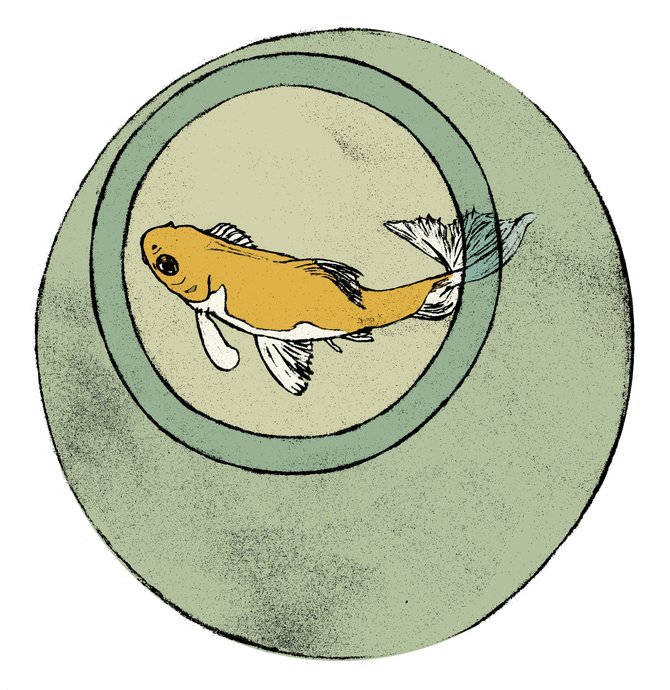The problem with white privilege is that those who enjoy it usually don't know it, or want to know. It takes a deliberate effort to see through the dirty water of privilege, but it's worth it for deeper racial understanding and meaningful dialogue.
"Sometimes, white privilege isn't about stuff. It's not always about better opportunities, or more money, or even greater access to those things than people of color. Sometimes, white privilege is as simple as knowing that, generally speaking, if you're white, you'll be perceived as competent and hard-working until proven otherwise, while people of color—even those who have proven themselves competent and hard-working—will still be subjected to presumptions that they just might not be, and that somehow, they (but not you) need to be reminded of the importance of hard-work and personal responsibility, lest they (but never you) revert to some less impressive group mean."
QUIZ: White Privilege Checklist
How many of these advantages are in your knapsack?
On a daily basis, as a white person:
- If I need to move, I'm confident that I can rent or buy a home in an area where I both want to live and can afford. _____
- In that neighborhood, I'm pretty sure the neighbors will be either nice to me or neutral about my presence. _____
- I can go shopping in any area of the metro at any time without feeling like I will be profiled, harassed or assumed to be a shoplifter. _____
- Most media represent people who look like me in positive ways in most coverage. _____
- When I am taught history or heritage in school, I'm told that people who look like me created the positive aspects. _____
- I'm certain that my children will see people like them in their curriculum and books treated in positive ways. _____
- I can go into most salons and find someone who can and will do my hair. _____
- I've never had to give a thumbprint at the bank to cash a check. _____
- I can curse, dress in shabby clothes or miss a deadline without people believing it is because of bad parenting, poverty or illiteracy of my entire race. _____
- No one ever points out that I am "articulate." _____
- I can accomplish something without being called a "credit to my race." _____
- I can disagree with someone politically without being called an "angry (insert race) person." _____
- I'm never assumed to be a spokeperson for all people of my race. _____
- If I ask to speak to the "person in charge," I expect to see a person of my own race. _____
- I am seldom, if ever, the only person of my race in a room. _____
- If the police pull me over, I don't assume it's because of my race. _____
- Most greeting cards, toys, magazines, picture books and such routinely feature people of my skin tone. _____
- The media routinely interview people of my race for stories that have nothing to do with race (or crime or sports or music). _____
- If I take a bandage out of a first-aid kit at work, it likely matches my skin tone. _____
- When I get a new job or other honorific, no one would suspect it is because of my race. _____
- I'm more likely to assume that a "wanted" teenager of color is a thug, and an accused white teen "made a mistake." _____
- I often wonder why or lament that people "still" talk about race. _____
This list is adapted from Peggy McIntosh's essay, "Unpacking the Knapsack of White Privilege," also the source of the following quote.
"I think whites are carefully taught not to recognize white privilege, as males are taught not to recognize male privilege."
Read More:
Putting a Toe in the Water of the Race Conversation
What Is Racism? Why Meanings Matter in Conversations About Race
Racism Affects Families from Generation to Generation
Crimes Against (Some) Americans
Facts Matter; So Do Stereotypes




Comments
Use the comment form below to begin a discussion about this content.
comments powered by Disqus